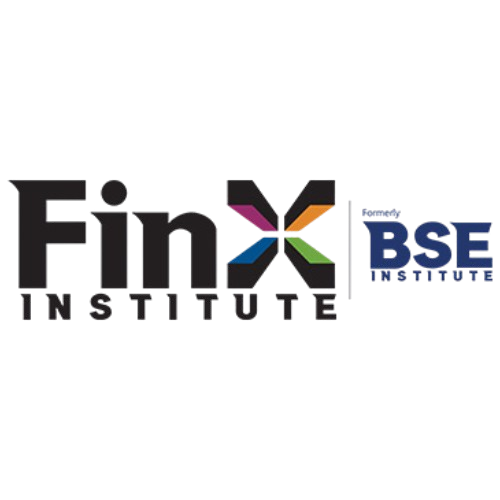Finance plays a crucial role in shaping global economies and business landscapes. As
financial markets become increasingly complex, the demand for skilled finance professionals continues to rise. A Bachelor of Science (BSc) in Finance is an excellent choice for students looking to build a strong foundation in financial management, investments, and risk assessment.
In Mumbai, BSE Institute Limited, is one of the premier institutions offering a BSc Finance
program. With a curriculum designed to align with industry needs, BSE Institute ensures
students receive hands-on training in stock markets, banking, and investment management.
In this blog, we will explore the BSc Finance subjects, career opportunities, and the BSc
Finance scope in 2025.
BSc Finance: Course Overview
The BSc Finance course is a 4 year undergraduate program that provides in-depth
knowledge of financial management, investment strategies, and risk assessment. The program is designed to equip students with analytical skills, financial modeling techniques, and market insights, making them industry-ready.
Eligibility Criteria
Students must have completed 10+2 (or equivalent) from a recognized board.
A background in commerce, mathematics, or economics is preferred but not
mandatory.
Some institutions may require students to clear an entrance exam or interview.
Admission Process
Direct admission based on merit.
Entrance exams conducted by universities or institutes.
Personal interviews for final selection.
Core Subjects in BSc Finance
The BSc Finance subjects includes a combination of core finance subjects and practical
training. Here are some of the key subjects:
Financial Accounting – Basics of accounting, financial statements, and cash flow
analysis.
Corporate Finance – Capital structure, financial planning, and investment decisions.
Business Economics – Economic theories, market structures, and policy impacts.
Investment Analysis – Stock market investments, portfolio management, and risk-
return analysis.
Risk Management – Identifying financial risks and strategies for mitigation.
Financial Markets and Institutions – Structure of financial markets, banking
systems, and regulatory bodies.
Banking and Insurance – Principles of banking, types of insurance, and risk
coverage.
Financial Modeling – Use of Excel, Python, and other tools for financial forecasting.
BSc Finance Syllabus (Year-wise Breakdown)
Year 1:
Financial Accounting
Business Mathematics and Statistics
Principles of Management
Micro and Macro Economics
Fundamentals of Accounting
Year 2:
Corporate Finance
Investment and Portfolio Management
Risk Management and Insurance
Financial Regulations and Compliance
Banking Operations and Financial Services
Year 3:
Advanced Financial Modeling
Behavioral Finance
International Trade and Finance
Electives (Specialization Courses)
Capstone Project / Internship
Year 4:
Financial Computing
Data Visualization using Tableau
On Job Training
Career Opportunities After BSc Finance
One of the biggest advantages of pursuing BSc Finance is the vast career scope it offers. The BSc Finance scope extends across various industries, including banking, investment firms, corporate finance, and fintech startups.
Job Roles & Salary Trends
Here are some popular career options along with the BSc Finance salary range:
Job Role Average Salary (INR)
Financial Analyst 4-7 LPA
Investment Banker 8-15 LPA
Risk Manager 6-10 LPA
Portfolio Manager 10-20 LPA
Financial Consultant 5-12 LPA
The BSc Finance salary varies based on experience, skill set, and industry demand. With
institutions like BSE Institute Limited providing industry exposure, graduates have a higher
chance of securing well-paying jobs.
A BSc Finance degree is a gateway to exciting career opportunities in the financial world.
With a well-structured BSc Finance subjects, hands-on training, and industry exposure,
students can build a strong foundation in finance. The BSc Finance scope continues to
expand, especially with advancements in fintech and global financial markets. Institutions
like BSE Institute Limited play a crucial role in shaping future finance professionals by
providing practical knowledge and real-world exposure.
If you’re passionate about finance and want to explore a rewarding career, BSc Finance is the perfect choice in 2025!
